As the grasslands turned green and wildflowers blossomed in Nilka county, Xinjiang Uygur autonomous region, Kazak woman Kurman Toibratti's busy season began.
The 39-year-old was as busy as a bee.
She has 132 hives that house millions of Xinjiang black honeybees, a special breed that produces superior honey thanks to the pleasant climate and abundant flowering plants in the county. The local population, mainly members of the Kazak ethnic group, is benefiting from the sweet nectar.
"The Xinjiang black honeybee is big, strong and productive, and its honey is rich in minerals and other nutrients," said Zhang Haifeng, head of the county's bee breeding farm.
After years of research and development, the Xinjiang honey industry has expanded and upgraded operations, drawing more local people to join the buzzing business.
Kurman Toibratti, who once raised cattle, horses and sheep, became a beekeeper in 2013 after two months of training. "It was a bumpy start. I got stung all over my face and hands in the very beginning," she said.
But pain soon turned into gains. The initial 40 hives resulted in some 40,000 yuan ($5,664) in net profit. She has focused on beekeeping in recent years and asked herdsmen to take care of her livestock during the busy season.
Kurman Toibratti's success has set an example for other villagers, especially women, to follow suit. There are now 14 families raising bees in her village, and she is offering technical support to two of them who were formerly impoverished.
"It's a natural choice, as beekeeping is less tiring, more profitable and more environmentally friendly than herding," she said.
Some 320 households are raising bees in Nilka, with over half of them lifted out of poverty. Another 500 herdsmen might turn to beekeeping this year, authorities said.
The local government is turning beekeeping into an emerging industry by leveraging the strengths of different market players. The annual output of raw black honeybee honey tops 500 metric tons, and the average per capita net income for the county's beekeepers reached 32,000 yuan last year.
As the fame of the Xinjiang black honeybee grows, bee-related tourism is also booming in Nilka, with a facility built to educate visitors on bees, and workshops offered on honey gathering.
Kurman Toibratti's two children help her with beekeeping after school. Her 16-year-old daughter uses WeChat to help promote the honey, drawing customers from across Xinjiang and beyond.
Kurman Toibratti is also thinking about opening a restaurant or shop to sell honey, mare's milk and other local specialties. "The more tourists, the more customers," she said.









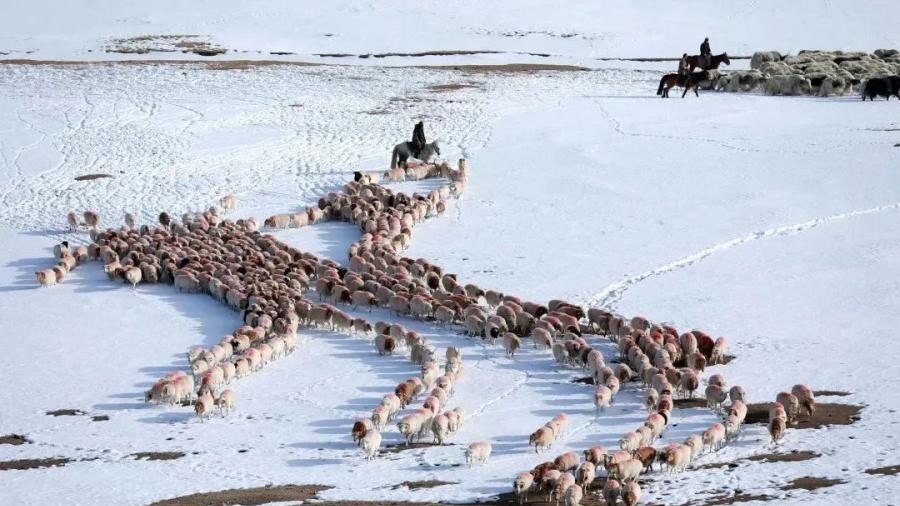
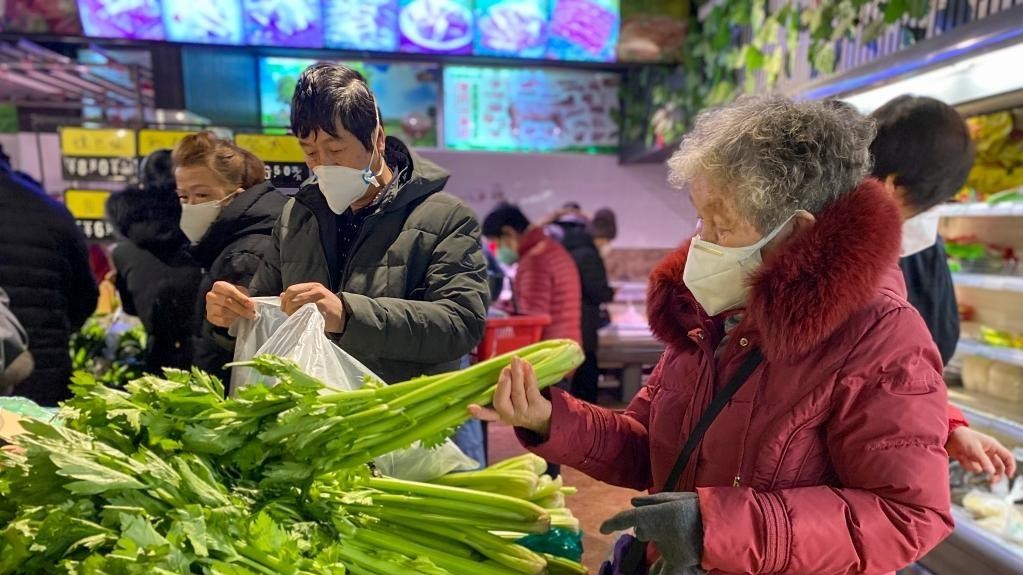
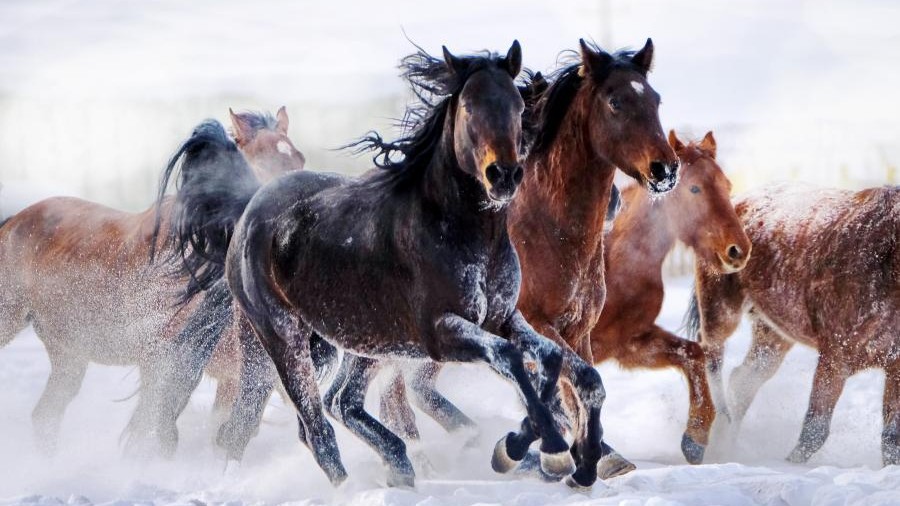


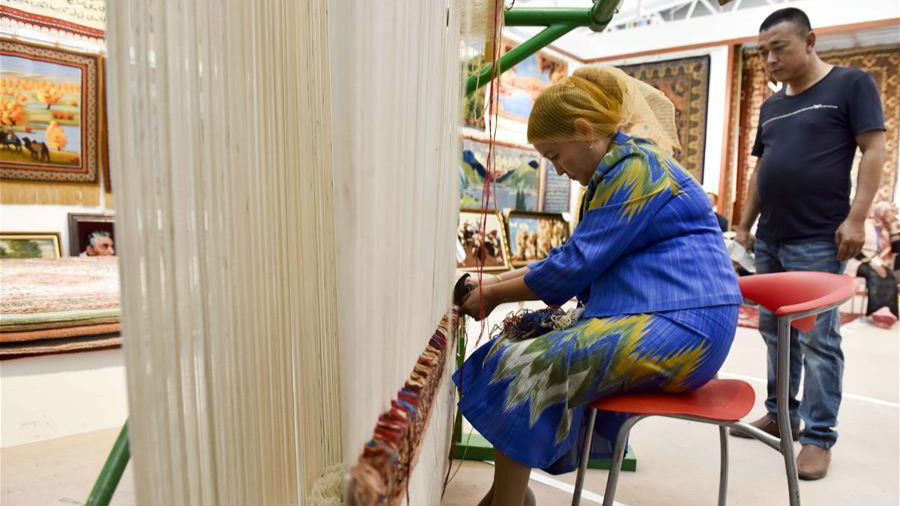
.jpg)


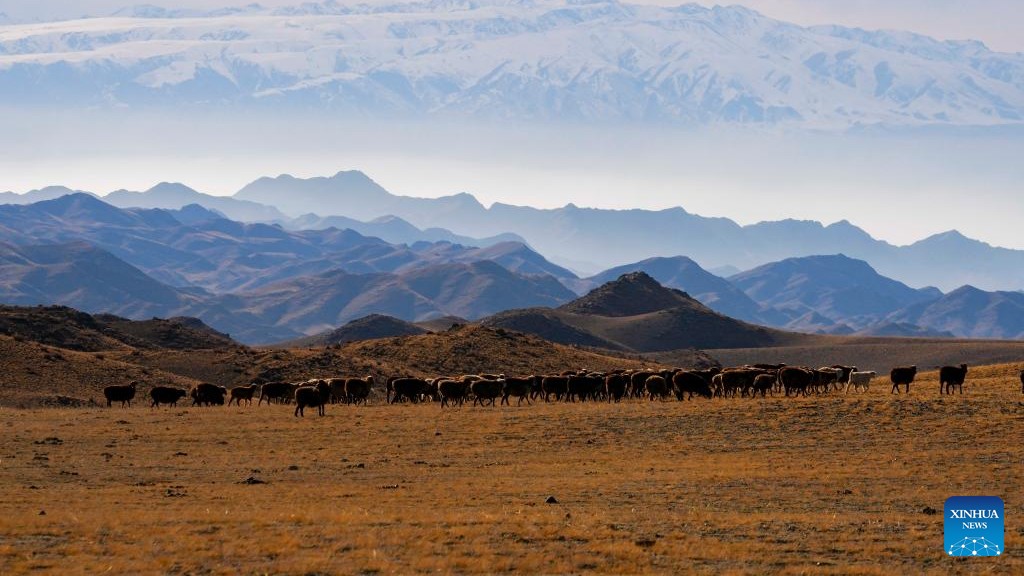



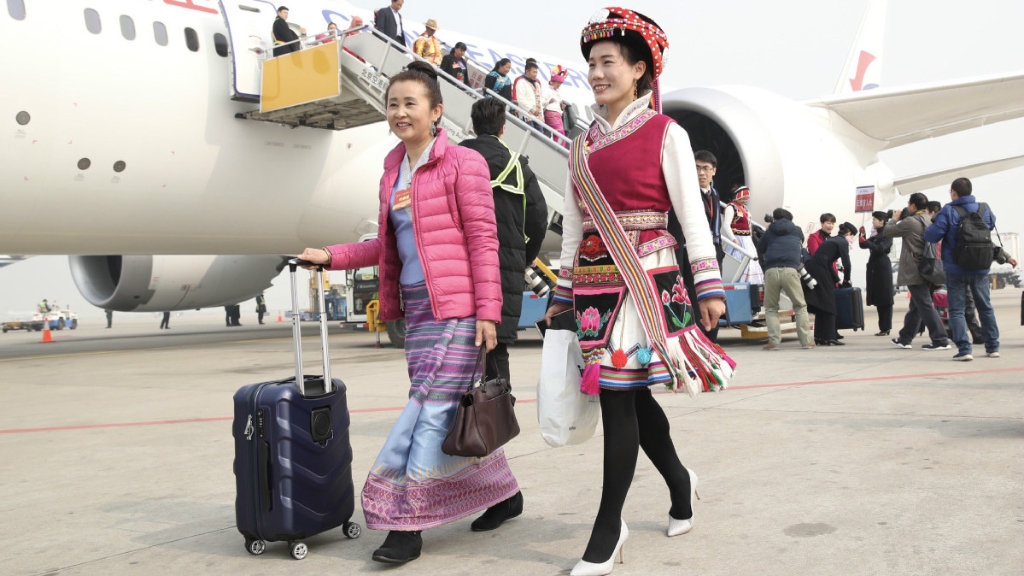


.jpg)


